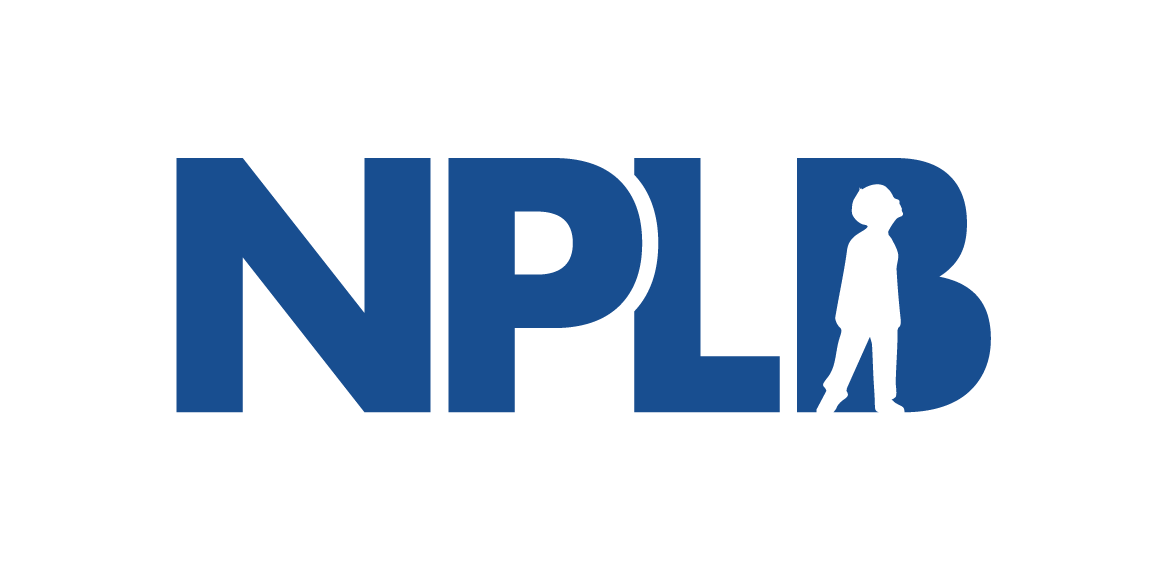Public Comment: End Unfair Trade Practices in Drug Pricing
March 11, 2025 — No Patient Left Behind (NPLB) wrote to the Office of the United States Trade Representative urging an end to unfair trade practices in drug pricing.
Dear Deputy Assistant USTR Gibson,
Thank you for the opportunity to provide comments regarding the US Trade Representative’s (USTR) review of unfair trade practices and potential remedies in response to the America First Trade Policy Presidential Memorandum and the Reciprocal Trade and Tariffs Memorandum.
I am writing on behalf of No Patient Left Behind (NPLB), a coalition of biotech investors, innovators, researchers, physicians, and patient advocates committed to lowering patient out-of-pocket costs while preserving incentives for US biomedical innovation.
The Free-Riding Problem
We urge USTR to use its tariff and market access negotiating tools to ensure high-income OECD countries (e.g., the UK, France, Canada, and Australia) contribute equitably to biomedical innovation costs. These nations do not maintain true markets for medicines, as their governments impose price controls that undervalue the life-saving benefits of new treatments. USTR should use trade negotiations to ensure these countries pay their fair share, just as the Trump Administration successfully encouraged European nations to increase their defense spending to support global security.
Furthermore, wealthy foreign trade competitors use faulty and outdated cost-effectiveness analysis (CEA) formulas that fail to consider quantifiable patient and societal benefits of medicines, including increased workforce participation, reduced caregiver burdens, disease severity, and changes in patient population numbers over time. Unlike hospitals, which remain expensive, medicines eventually become affordable generics, yet these countries continue to undervalue them, resulting in a greater burden for US innovators and American consumers.1
Wealthy nations systematically undervalue novel American therapeutic innovations leading to reduced investment and delayed patient access to groundbreaking treatments. For example, because Australia’s government health technology assessment (HTA) entity relies in part on outdated CEA formulas, Cystic Fibrosis (CF) patients there had to wait more than two years after regulatory approval to gain access to and coverage for Vertex’s Trikafta.2 This not only weakens global innovation but ultimately harms patients worldwide who rely on US biomedical leadership for new treatments and cures.
As highlighted by Bobby Jindal and Charlie Ketabi from the America First Policy Institute’s Center for a Healthy America in STAT News, price controls in other wealthy countries “reduced drug sales by 77% in 2018 alone, amounting to a $254 billion shortfall. This practice allows these nations to benefit from American drug innovation while shirking the necessary investment required to develop new treatments.”3
Ensuring Continued US Biomedical Innovation Leadership
It is important for USTR to recognize the critical role that the US market plays in sustaining global biomedical innovation. American investors fund new treatments because they rely on a fair valuation of medicines in the US market. If foreign price controls were imposed domestically, investment in biomedical R&D would plummet, endangering the nation's leadership in innovation.
The impact on US biomedical innovation leadership is not hypothetical. Please take a moment to watch this video from leading US biopharma specialist investors.4 Some investors would lose interest in funding biomedical innovation and the US would develop fewer products if Canadian, European or Australian price controlled prices were imposed in the US. Private funders of biomedical R&D know those are far too low to justify their investments. Americans would lose out. And when there are fewer products, there's less therapeutic and generic price competition, which means US prices may go up.
Yet, other wealthy countries would still get the benefit of whatever innovation the American market supported on its own. That's because biopharma medicines will eventually go generic and be available at low cost and benefit anyone in the world who needs them. Americans would end up paying more and getting fewer medicines. Patients, which is to say, all of us, would lose. And that's not what anyone wants.
Rather than forcing US prices to align with artificially suppressed foreign prices, a more effective approach would be to require other wealthy nations to contribute more equitably to global biomedical advancements.
Recommendations
To address these disparities, we hope that USTR will pursue trade negotiations that leverage its market access and tariff negotiating authority to require high-income nations to:
Encourage market pricing so our trade competitors more proportionally contribute to global R&D costs based on their economic capacity.
Reform and update their health technology assessment methodologies to better reflect the value of new medicines by incorporating quantifiable patient and societal benefits.
Ensure timely patient access to newly approved therapies.
These measures would promote more equitable contributions to biomedical innovation while preserving America's leadership in the biopharma sector.
We appreciate USTR's dedication to advancing fair trade policies that benefit American innovators and patients worldwide. We urge USTR to take strong action to address these unfair trade practices and ensure that all wealthy nations share in the cost of biomedical progress.
Please feel free to contact me should you require further information. Thank you for your consideration.
Sincerely,
Peter Rubin
No Patient Left Behind
References
1 The value of medicines https://www.nopatientleftbehind.org/value-of-medicines
2 For Two Years, Australia Failed People With Cystic Fibrosis; It Can’t Happen Again. https://www.realclearhealth.com/articles/2022/02/18/for_two_years_australia_failed_people_with_cystic_fi brosis_it_cant_happen_again_111317.html
3 “Global freeloading: Americans shouldn’t bear the brunt of drug development costs
When other countries systematically underpay for drugs, everyone suffers” https://www.statnews.com/2025/03/05/global-freeloading-drug-manufacturers-pharmaceuticals-america-in novation/
4 Protect American Innovation. www.nopatientleftbehind.org/protect-american-innovation
